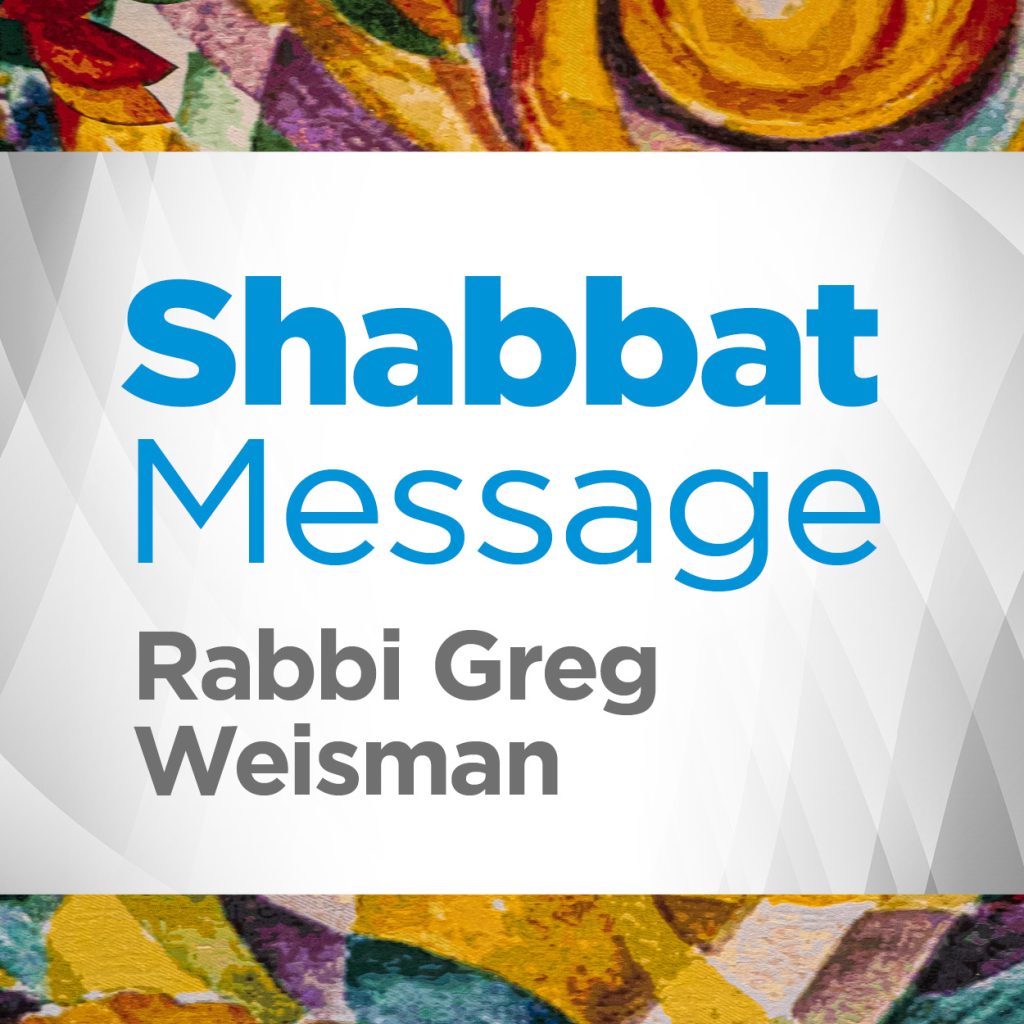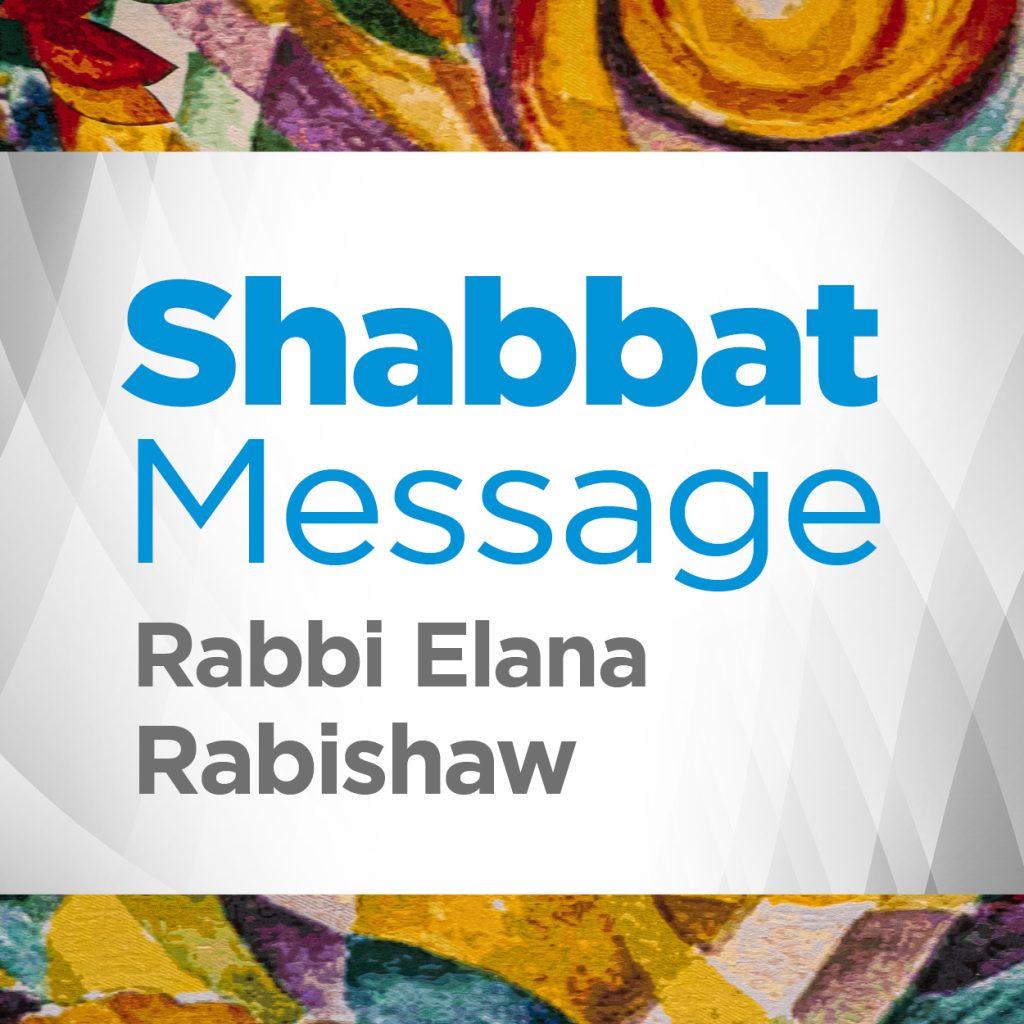This week we read from the heart of the Torah. Parashat Kedoshim sits in the very middle of the Five Books, and rabbis and scholars have often suggested that we should understand that to mean that its teachings are core to our tradition. That is quite easy to do, since what we learn from this portion expresses our values and our mission in such a way that’s very well can be described as the heart of what Judaism is all about.
The portion begins with God telling Moses to tell the Israelite community that we are to be holy, because our God is holy. In once sentence, God elevates our sanctity nearly to divinity, and continues by answering the most pressing question: How do we do that? How do we be a holy people? The simple answer is by bringing holiness into the world through our actions.
The portion lays a variety of ethical obligations before us. We are told to be faithful in our worship and generous and charitable to the poor and vulnerable. We are admonished not to lie, steal, or cheat, not to insult the deaf or place a stumbling block before the blind. To pay our laborers fairly and timely, and to treat everyone with justice uncorrupted by favor. Not to hate anyone and to hold each other accountable for our mistakes. To honor our elderly and to appreciate the gift of living in the land of Israel.
When God describes to us what it means to be a holy people and a holy nation, God gives us a list of things that we each individually can do, not things to do as a community. I, personally, can help us become a holy people by my caring for the vulnerable, dealing with others justly, honoring and appreciating my gifts. Those simple, individual, interpersonal acts are the ones that bring holiness into the world. This beautiful message, empowering us each individually, emanates from this heart of the Torah.
Included in this is the instruction to appreciate living in the land of Israel, our geographic heart. It is a spiritually uplifting concurrence that this week we celebrate the founding of the State of Israel, as we did this Wednesday evening and Thursday on Yom Ha’atzma’ut, in the same week that we read from the heart of Torah. Those of us who have had the privilege to visit Israel know how it functions as our people’s heart, replenishing its visitors and residents with spiritual oxygen that they then carry around the world.
Interestingly, the land of Israel itself also functions as a heart for the western world. Sitting at the crossroads of Europe, Asia and Africa, travelers and pilgrims traversed her lands for millennia. Scholars have suggested that that is part of the reason why the three major western faith traditions have staked claims to the land of Israel and its importance to their traditions. But for us, a silver lining of that is how Israel has become a well-known, and revered symbol of the Jewish people to those outside of our tradition.
One of those people was Salvador Dali. A man whose life spanned most of the 20th Century. He was witness to the destruction of European Jewry, the founding of the State, its victory in the Six Day War, and its flourishing in the year since. He was one of the world greatest and most famous artists in the time of the birth of the State, and was commissioned on several occasions to make art reflective of the themes of modern Jewry: longing and exile, hope, the pain of the Shoah, and ultimately the triumph of the founding of the state.
One of those commissions now lives at Temple Beth El. It is the stunning Western Wall sculpture that we will be dedicating this evening and honoring Alvin and Nancy Malnik for their incredible generosity in donating it to our congregation.
The Western Wall is a symbol of the faith and aspirational nature of the Jewish people. It reminds us of the yearning and wanting that our people had for centuries, unable to reliably access our holiest site. Even on the first Yom Ha’atzma’ut the State did not feel whole, with the Old City and Western Wall over the border in Jordan. But our hope was never lost, our passion did not fade, and within a generation the Wall was back in our hands. In the years since, inspired by our peoples’ historic struggle for autonomy and the triumph of reclaiming our historic homeland, we have striven to bring holiness into our communities around the world.
Both our Torah portion this week and our celebration of the Zionist dream are aspirational. Parashat Kedoshim imagines a better world, and inspires us to seek to build it. Zionism is an expression of the hope for a better future; the two thousand year hope to be a free people in our land and celebrates our accomplishment of it. As we weave the two together tonight, may we be inspired to, with each of our individual actions, here and in Israel, bring more holiness into the world.
Shabbat Shalom,









